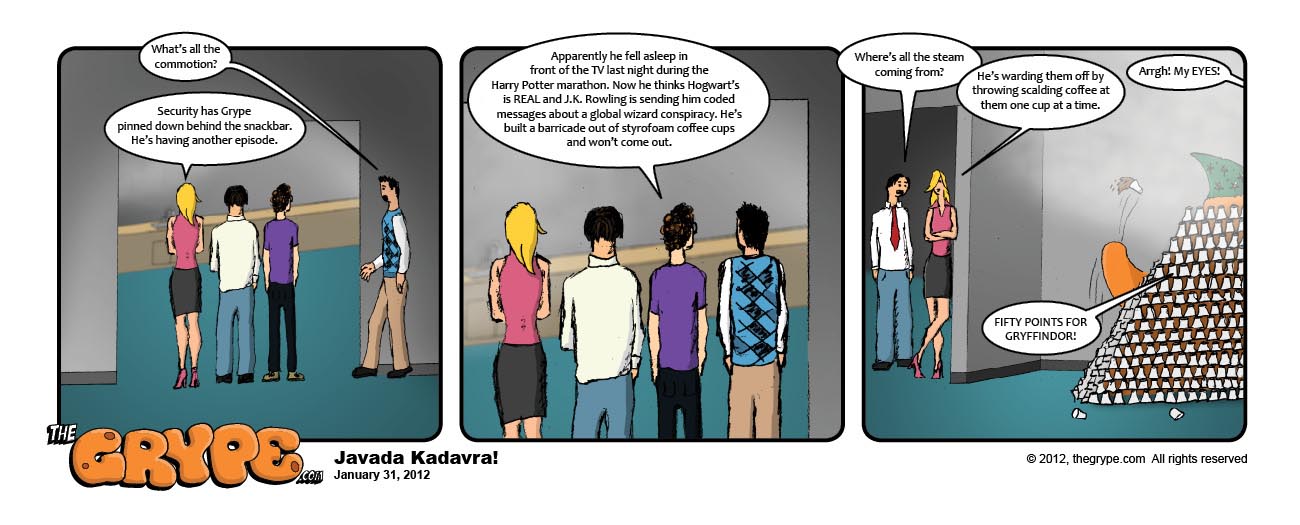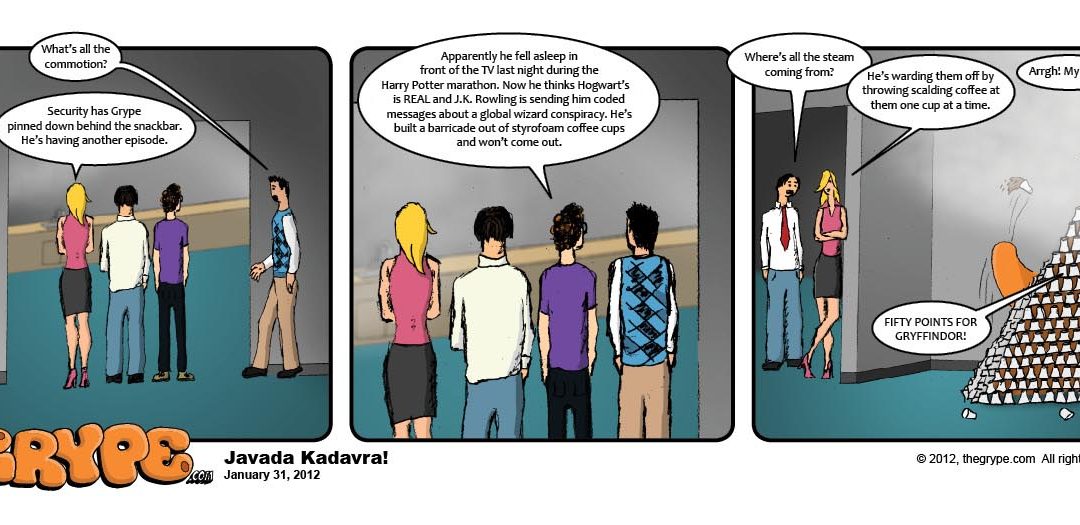 Lately you see a lot of buzz about the evils of corporatization. What is it?
Lately you see a lot of buzz about the evils of corporatization. What is it?
Corporatization is just capitalism, institutionalized. In a corporatized market society, the element of personal creativity and achievement has been superceded by the bottom line, and the spirit of capitalist entrepreneurship has been bent to serve only as fodder to feed a faceless corporate money-making machine.
There is a difference between a “company” and a corporation. A company exists to provide a product or service; the only reason a corporation exists is to grow (like The Borg). The way it grows is through acquisition (You will be assimilated). To the corporate mindset, everything and everyone is either an asset to be valuated, or a commodity to be traded.
The ruling classes— be they medieval warlords, Renaissance nobles, Victorian aristocrats or modern business tycoons— have always used their money to make more money. They do this by conquering, seizing or just buying up bits and pieces of everything they can get their hands on— companies, real estate, corporate stock, commodity shares— then manipulating those bits and pieces to squeeze still more money from them. Which goes back into the treasure chest, to be used as venture capital for future acquisitions.
Sadly, the system is so entrenched that there’s not much one can do to escape from it. If some bright young genius creates an awesome company that provides a uniquely-original, extremely profitable product or service, they will immediately come under pressure from external wealthy investors to corporatize by providing an initial offering of stock shares. Like a neighborhood bully or a gang of mafia racketeers, the corporate traders will circle the profitable company like hungry sharks, each eager to take a bite.
If the company won’t sell out, it will eventually find itself plagued by a fresh crop of shiny-new competitors, funded with unmatchable piles of start-up capital by those same corporate forces. Those competitors will eagerly copy or steal the original company’s business model, headhunt and lure away their best employees, pirate their production secrets, and ultimately force the original company out of business. There’s no escape. The corporations WILL buy you, or else they’ll copy you, squeeze you into bankruptcy, and own your replacement.
For a first class example of such corporate hubris one need look no further than Monsanto— Forbe’s 2010 Company of the Year, and the world’s biggest chemical mega-corporation (they’re also the fine people who brought us such invaluable products as “Agent Orange,” and who gleefully introduced recombinant Bovine Growth Hormone into the world food supply). Monsanto actually filed patent claims on certain types of pigs (and their progeny, in perpetuity) in 2005. They also (successfully) litigated jail time for a Tennessee farmer who dared re-use seeds from his own crop rather than buying new ones from Monsanto. They want to produce everything the world eats and own the people who eat it. They ARE the Umbrella Corporation… if there’s ever a real zombie apocalypse, you can bet Monsanto’s fingerprints will be all over it.
In the United States our government may technically be classified as a representative-democratic republic, but our economic system is capitalism… and capitalism is ALWAYS a plutocracy: rule by wealth. Unfortunately, at a high-enough level— when the number of zeroes on balance sheet figures routinely tops eight or more— capitalism spills over the legal retaining walls designed to contain it. All we can do is be vigilant and try to dodge the crushing wheels of corporatization when they swerve in our direction.
Someday a giant comet might hit the Earth, ending corporatization forever. Though if that happens we could still probably save our planet by launching a rocket containing a copy of Pirates of the Carribean 4 past the approaching comet into empty space, dragging the planet-killer off course. Not even a hurtling moon-sized interplanetary missile of doom could escape the inexorable pull of that much suck.

